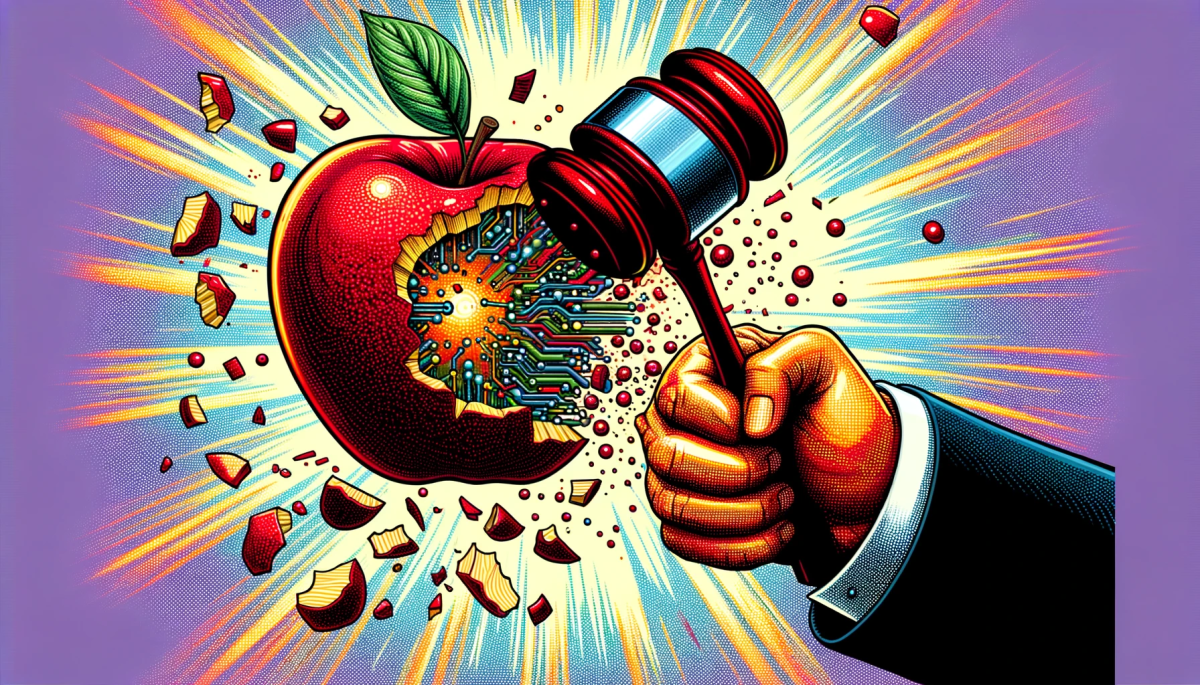The U.S. Department of Justice and State Officials Sue Apple for Antitrust Violation
The U.S. Department of Justice, in collaboration with 16 State/District Attorneys General, has filed a lawsuit against Apple for breaching federal antitrust laws, specifically the Sherman Act of 1890.
The tech behemoth, known for its remarkable evolution from near failure during the dominance of Windows in the early PC era, is accused of intentionally monopolizing the performance smartphone market in the United States through exclusionary conduct and anticompetitive practices.
The DOJ, supported by New Jersey, Arizona, California, Connecticut, Maine, Michigan, Minnesota, New Hampshire, New York, North Dakota, Oklahoma, Oregon, Tennessee, Vermont, Wisconsin, and the District of Columbia, alleges that Apple suppressed five key technologies to establish its smartphone monopoly in the U.S.:
- Super Apps: Apple purportedly limits the development of super apps, hindering users from accessing broad functionalities within a single app and reducing the incentive to shift to non-Apple smartphones.
- Cloud Streaming Game Apps: Restrictions imposed by Apple on cloud streaming apps allegedly obstruct users from playing high-compute games unless they are run on expensive Apple hardware, thus enhancing reliance on the iPhone.
- Messaging Apps: Apple is accused of diminishing the quality and functionality of third-party messaging apps on the iPhone compared to its native messaging app, reinforcing obstacles to switching from iPhone to other smartphones.
- Smartwatches and Digital Wallets: Apple purportedly limits the functionality of third-party smartwatches and digital wallets on the iPhone, denying users access to competitive products and solidifying user loyalty to its ecosystem.
The DOJ’s lawsuit seeks to compel Apple to permit consumers to install alternative technologies on their iPhones, enabling greater customizability, personalization, and potentially lower prices from third-party challengers to the Apple App Store. However, the DOJ must substantiate its case in court before any changes can be enforced on Apple’s current business practices.
Challenges to Apple’s Closed Ecosystem
Amidst a wave of criticism and legal disputes targeting Apple’s tightly controlled mobile operating system iOS and the third-party App Store, which imposes a 30% commission on most in-app sales, the DOJ and State Attorneys General’s actions underscore growing opposition to Apple’s practices.
Gaming powerhouse Epic has engaged in a protracted legal battle with Apple across various jurisdictions over Apple’s refusal to allow Epic to receive payments directly from consumers within Fortnite on iOS, bypassing the App Store fees. Recently, Epic secured relief in the EU through a ruling compelling tech companies like Apple to enable third-party app marketplaces on their devices.
Image/Photo credit: source url





